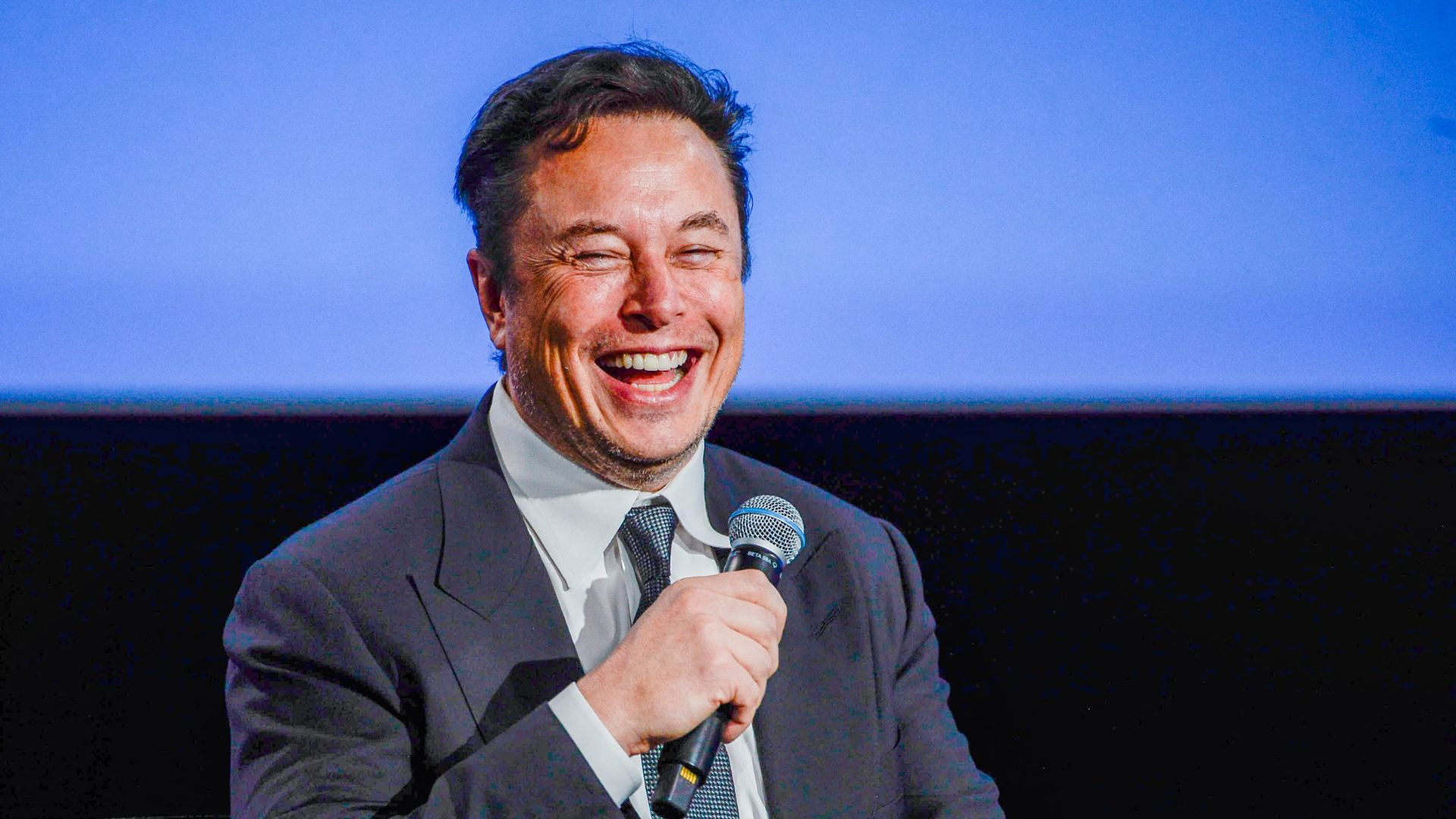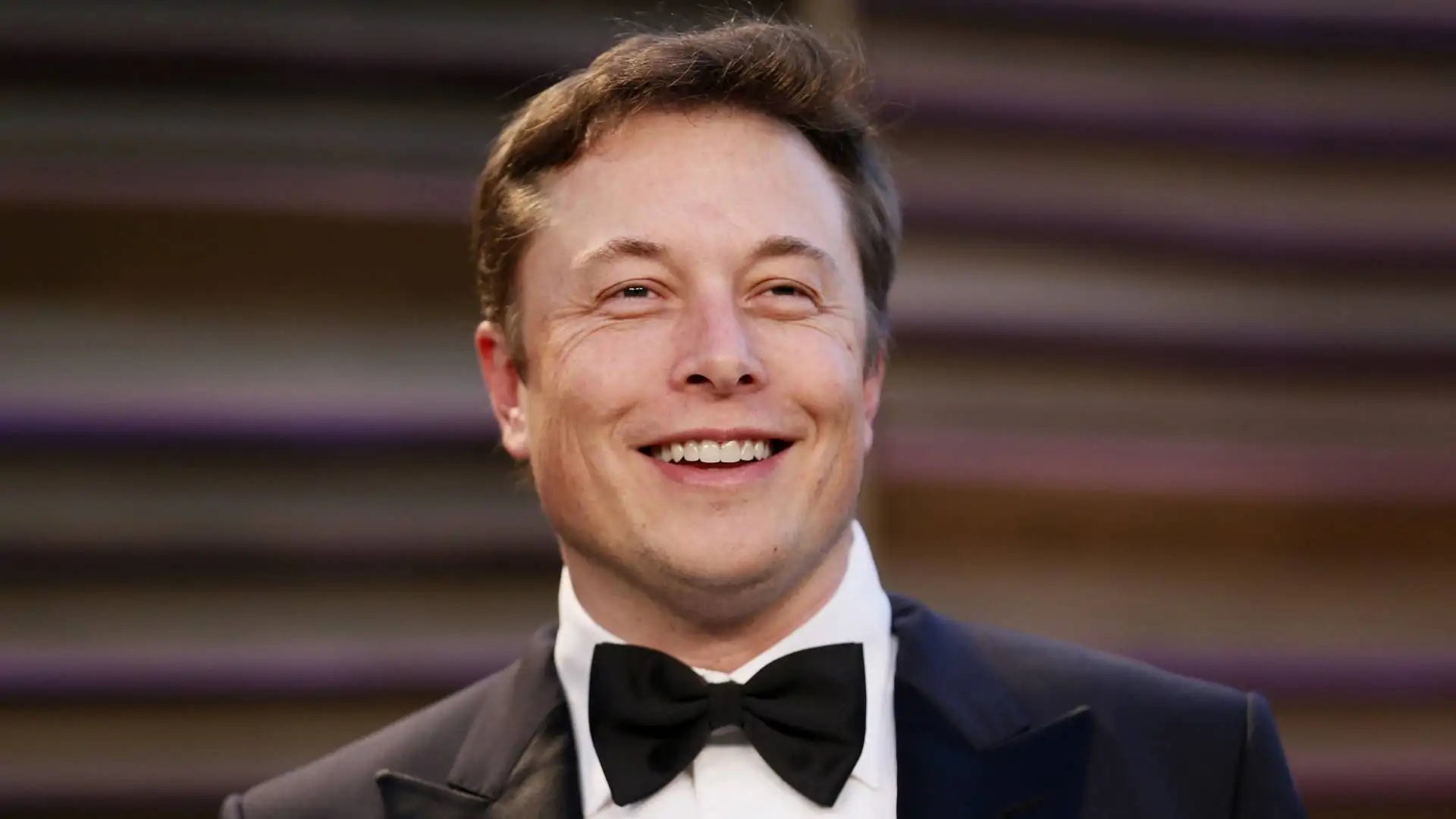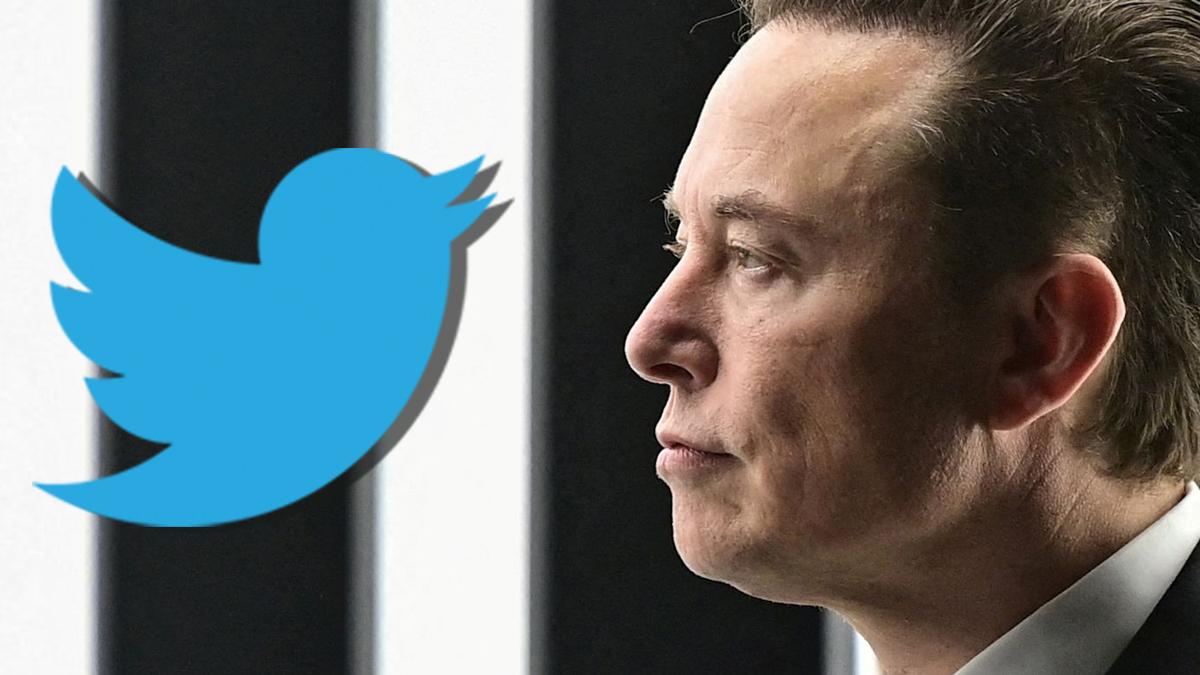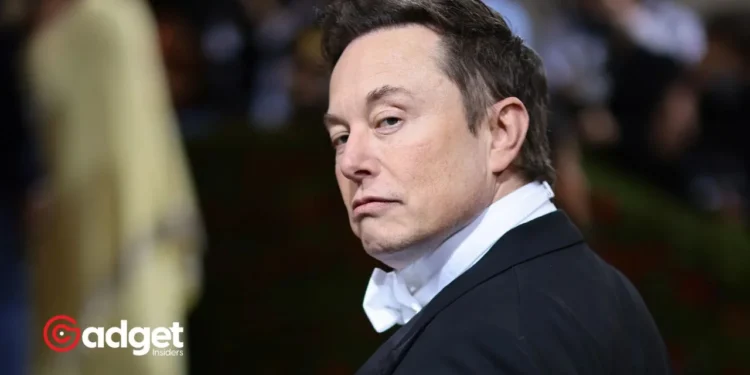In an era where the digital discourse shapes public opinion, the words of influential figures like Elon Musk carry substantial weight. Recently, the billionaire entrepreneur, known for his ventures in Tesla, SpaceX, and X Corp, stirred a significant conversation with his stark caution regarding the United States’ fiscal policies. Elon Musk’s warning about the potential for national bankruptcy due to continuous overspending and the burgeoning debt payment crisis is not just a fleeting tweet but a harbinger of a deeper financial malaise that could affect every American’s life.

The Heart of the Matter: Overspending and Its Consequences
The conversation began when Elon Musk retweeted an alarming analysis by economist E.J. Antoni, highlighting that a staggering 63% of all personal income taxes collected in February were devoted solely to servicing the national debt’s interest.
This revelation paints a grim picture of the country’s financial health, where critical sectors like roads, military, schools, and social security are at risk of underfunding due to the overwhelming debt burden.
What makes this statistic even more concerning is the trajectory it suggests. As another user pointed out, with $120 billion collected from individual income taxes and $76 billion spent on debt interest in February alone, the U.S. teeters on the brink of requiring 100% of these taxes for debt interest payments shortly.

Elon Musk’s Call for Fiscal Responsibility: Echoes in a Political Echo Chamber
Elon Musk’s outcry, “Overspending must cease or America faces bankruptcy,” is not merely an observation but a call to action. It raises critical questions about the sustainability of current fiscal policies and the long-term implications of high debt levels.
However, this call for prudence is not without its critics. Some have pointed to the incongruity of Musk’s concern with the fiscal policies under President Trump’s administration, which saw a $2 trillion tax cut and record-breaking government spending.
This critique underscores the complexity of the issue at hand. The conversation isn’t merely about the numbers but also about the political decisions and economic philosophies that guide these fiscal policies. The tension between growth-driven spending and fiscal conservatism is at the heart of this debate, raising essential questions about the best path forward for the U.S. economy.
https://t.co/v78yLxDo1M
🚨🚨🚨Elon Musk warns America will go bankrupt— MikeCristo8 (@MikeCristo8) March 13, 2024
Beyond the Tweet: The Real-World Implications of a Bankrupt America
Elon Musk’s warning goes beyond theoretical economic debate; it touches on the real-world implications of a financially insolvent United States. The potential bankruptcy of the world’s largest economy would have far-reaching effects, not just on global markets but on the everyday lives of Americans.
The underfunding of essential services like roads, military, schools, and social security could lead to a decrease in the quality of life and national security.
Furthermore, the international community’s perception of America’s financial health plays a crucial role in the country’s ability to borrow and trade. A recognized state of bankruptcy could undermine the U.S.’s position on the global stage, affecting everything from the dollar’s value to international relations.

A Moment of Reflection
Elon Musk’s cautionary note on the U.S.’s fiscal health serves as a crucial moment of reflection for policymakers, economists, and the public alike. The discussion sparked by Elon Musk’s tweet underscores the need for a balanced approach to fiscal policy, one that ensures the sustainable growth of the economy while avoiding the pitfalls of excessive debt.
As the debate continues, it’s clear that the path to fiscal responsibility will require thoughtful dialogue, bipartisan cooperation, and a willingness to prioritize the long-term health of the nation’s economy over short-term gains.










